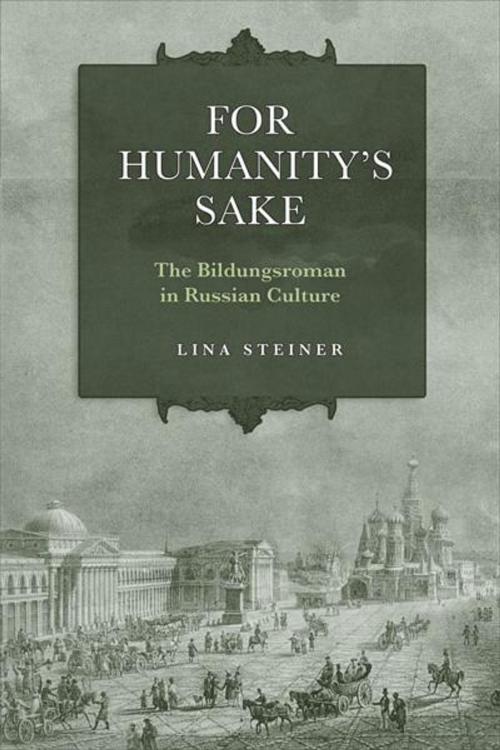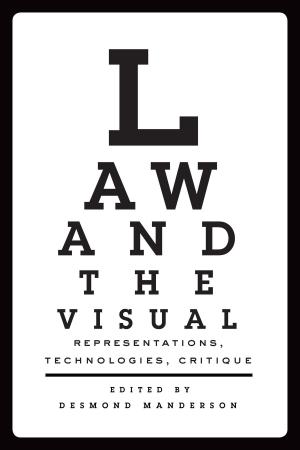For Humanity's Sake
The Bildungsroman in Russian Culture
Fiction & Literature, Literary Theory & Criticism, European, Eastern European, Nonfiction, History, European General| Author: | Lina Steiner | ISBN: | 9781442696099 |
| Publisher: | University of Toronto Press, Scholarly Publishing Division | Publication: | November 19, 2011 |
| Imprint: | Language: | English |
| Author: | Lina Steiner |
| ISBN: | 9781442696099 |
| Publisher: | University of Toronto Press, Scholarly Publishing Division |
| Publication: | November 19, 2011 |
| Imprint: | |
| Language: | English |
For Humanity's Sake is the first study in English to trace the genealogy of the classic Russian novel, from Pushkin to Tolstoy to Dostoevsky. Lina Steiner demonstrates how these writers' shared concern for individual and national education played a major role in forging a Russian cultural identity.
For Humanity's Sake highlights the role of the critic Apollon Grigor'ev, who was first to formulate the difference between West European and Russian conceptions of national education or Bildung — which he attributed to Russia's special sociopolitical conditions, geographic breadth, and cultural heterogeneity. Steiner also shows how Grigor'ev's cultural vision served as the catalyst for the creative explosion that produced Russia's most famous novels of the 1860s and 1870s.
Positing the classic Russian novel as an inheritor of the Enlightenment's key values — including humanity, self-perfection, and cross-cultural communication — For Humanity's Sake offers a unique view of Russian intellectual history and literature.
For Humanity's Sake is the first study in English to trace the genealogy of the classic Russian novel, from Pushkin to Tolstoy to Dostoevsky. Lina Steiner demonstrates how these writers' shared concern for individual and national education played a major role in forging a Russian cultural identity.
For Humanity's Sake highlights the role of the critic Apollon Grigor'ev, who was first to formulate the difference between West European and Russian conceptions of national education or Bildung — which he attributed to Russia's special sociopolitical conditions, geographic breadth, and cultural heterogeneity. Steiner also shows how Grigor'ev's cultural vision served as the catalyst for the creative explosion that produced Russia's most famous novels of the 1860s and 1870s.
Positing the classic Russian novel as an inheritor of the Enlightenment's key values — including humanity, self-perfection, and cross-cultural communication — For Humanity's Sake offers a unique view of Russian intellectual history and literature.















